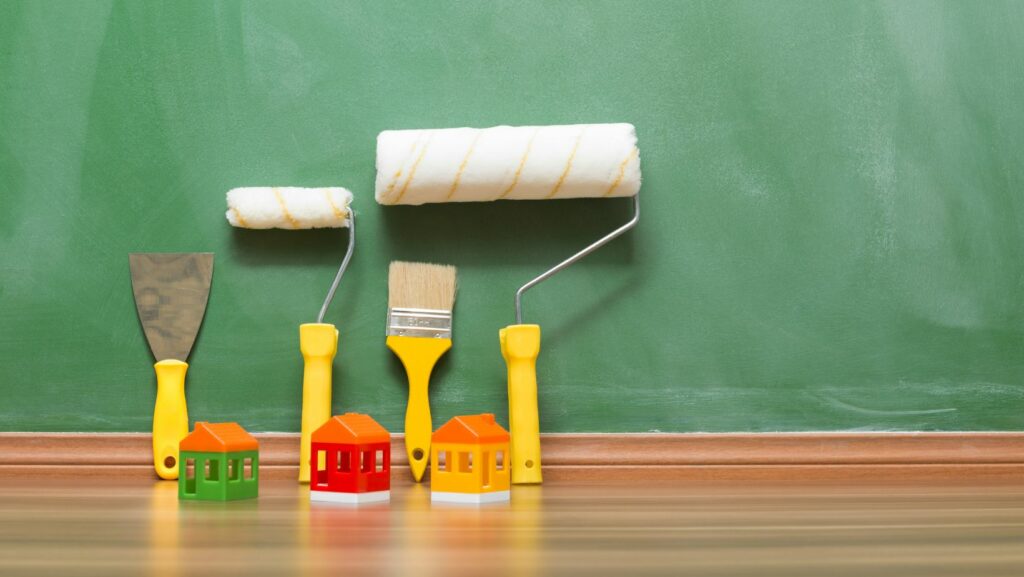Water is one of the most essential resources on the planet, yet it is also one of the most wasted. With global water supplies under increasing pressure due to climate change, urbanization, and population growth, conserving water is not just an environmental necessity but also a financial advantage. One of the most effective tools to help achieve this goal is a smart water flow meter. These devices not only measure water usage accurately but also provide insights that can help you save water and reduce costs significantly.
This article explores how water flow meters, particularly smart ones, can play a critical role in efficient water management for households, industries, and municipalities.
What Are Water Flow Meters?
Water flow meters are devices that measure the volume of water passing through a pipe. They are commonly used in residential, commercial, and industrial settings to monitor water usage. The readings from these meters can be used to calculate consumption, detect leaks, and even help users identify areas of excessive water use.
Traditional water flow meters rely on mechanical components, such as turbines or positive displacement mechanisms, to measure water flow. While effective, they often lack the precision and additional features offered by modern smart water flow meters.
The Role of Smart Water Flow Meters
A smart water flow meter is an advanced version of the traditional flow meter that incorporates digital technology. These devices use sensors and connectivity features like Wi-Fi, Bluetooth, or cellular networks to transmit real-time data to smartphones, computers, or centralized management systems.
Here’s why smart water flow meters are a game-changer:
- Real-Time Monitoring: Smart meters provide instantaneous data on water consumption, allowing users to track their usage patterns.
- Leak Detection: These meters can detect even the smallest leaks, helping you address issues before they escalate into costly repairs.
- Automation: Many smart meters integrate with home automation systems, enabling users to shut off water supply remotely in case of an emergency.
- Detailed Insights: Smart water flow meters generate detailed reports that help identify inefficiencies in water use.
Benefits of Using Water Flow Meters to Save Water and Reduce Costs
1. Accurate Measurement of Water Usage
Traditional meters may not always provide precise readings, which can lead to inaccurate billing or undetected water wastage. Smart water flow meters offer unparalleled accuracy, ensuring that every drop is accounted for. This accuracy helps users identify excessive water use and adjust their habits to conserve water.
For example, a smart meter can reveal how much water is used for daily activities like showering, dishwashing, or lawn irrigation. By analyzing this data, homeowners can adopt practices such as reducing shower time or watering lawns during cooler parts of the day to minimize evaporation.
2. Early Leak Detection
Leaking pipes, dripping faucets, or hidden underground leaks are major contributors to water wastage.

Even a small leak can waste thousands of gallons of water annually. Smart water flow meters can detect leaks as they happen by identifying unusual patterns in water flow.
For instance, if water flow is detected during times when no water is being used (such as late at night), the smart meter can send an alert to your smartphone. This feature enables quick action to fix leaks, preventing water loss and reducing your water bill.
3. Promotes Sustainable Practices
With water becoming a scarce resource in many parts of the world, sustainability is a growing concern. Smart water flow meters empower individuals and businesses to adopt sustainable water usage practices. By providing real-time feedback on consumption, these devices encourage users to make conscious decisions, such as turning off taps when not in use or investing in water-efficient appliances.
Industries, in particular, can benefit from smart water meters by optimizing their processes to minimize water wastage. For example, manufacturers can monitor water usage in production lines and implement measures to reuse or recycle water.
4. Reduces Water Bills
By identifying inefficiencies and promoting better water management, smart water flow meters can significantly lower water bills. Whether it’s fixing leaks, adjusting irrigation schedules, or adopting water-saving habits, the insights provided by these devices translate into tangible savings.
Consider this: A household that implements changes based on data from a smart meter can reduce its water consumption by 20-30%, resulting in substantial savings over time.
5. Supports Compliance with Regulations
Many municipalities and regulatory bodies now mandate water conservation measures, particularly in regions prone to droughts. Smart water flow meters can help individuals and businesses comply with these regulations by providing detailed records of water usage. This data can also be used to claim rebates or incentives offered by governments for adopting water-saving technologies.
Applications of Smart Water Flow Meters
Smart water flow meters are versatile and can be used in a variety of settings, including:
1. Residential Use
Homeowners can use smart meters to monitor their daily water usage, detect leaks, and optimize consumption. Some meters even offer features like automatic shutoff valves to prevent flooding in case of pipe bursts.
2. Commercial Use
Hotels, restaurants, and office buildings often face high water bills due to excessive consumption. Smart meters help these businesses monitor usage, identify inefficiencies, and implement water-saving measures without compromising operations.
3. Industrial Use
Industries that rely heavily on water for production, such as food and beverage or textiles, can use smart water flow meters to track and optimize their water usage. These meters also help ensure compliance with environmental regulations.
4. Municipal Use
Municipal water departments can deploy smart water flow meters to monitor city-wide water distribution networks. This helps in detecting leaks, reducing non-revenue water, and ensuring efficient water management.
Choosing the Right Smart Water Flow Meter
When selecting a smart water flow meter, consider the following factors:
- Compatibility: Ensure the meter is compatible with your existing plumbing system.
- Connectivity: Look for devices with reliable connectivity options like Wi-Fi or Bluetooth.
- Features: Choose a meter that offers the features you need, such as leak detection, real-time monitoring, or integration with home automation systems.
- Durability: Opt for a meter made from high-quality materials that can withstand harsh conditions.
- Ease of Use: Select a device with a user-friendly interface and clear instructions for installation and operation.
How to Maximize the Benefits of Smart Water Flow Meters
To make the most of your investment in a smart water flow meter, follow these tips:

- Regularly Monitor Data: Check the readings and reports provided by your meter to stay informed about your water usage patterns.
- Act on Alerts: Respond promptly to any leak detection or unusual activity notifications.
- Adopt Water-Saving Practices: Use the insights from your meter to implement water-saving measures, such as installing low-flow fixtures or fixing leaks.
- Integrate with Smart Home Systems: Integrate your smart meter with other smart home devices for a seamless water management experience.
- Schedule Maintenance: Periodically inspect and maintain your smart water flow meter to ensure it continues to function optimally.
The Future of Water Management with Smart Meters
As technology advances, smart water flow meters are becoming more sophisticated and accessible. Innovations such as AI-driven analytics, IoT integration, and advanced sensor technology are paving the way for even more efficient water management solutions. These developments will not only help conserve water but also reduce costs for users, making them a win-win solution.
Final Thoughts
Water conservation is a responsibility that falls on everyone—individuals, businesses, and governments alike. By investing in a smart water flow meter, you can take a significant step toward reducing water wastage and lowering your water bills. These devices offer unparalleled accuracy, real-time insights, and actionable data that empower users to make informed decisions about their water usage.
Whether you’re a homeowner looking to save on utility bills, a business aiming to optimize operations, or a municipality striving for efficient resource management, a smart water flow meter is an invaluable tool. With the right device and a commitment to sustainable practices, you can play your part in protecting this precious resource while enjoying the financial benefits of efficient water management.



